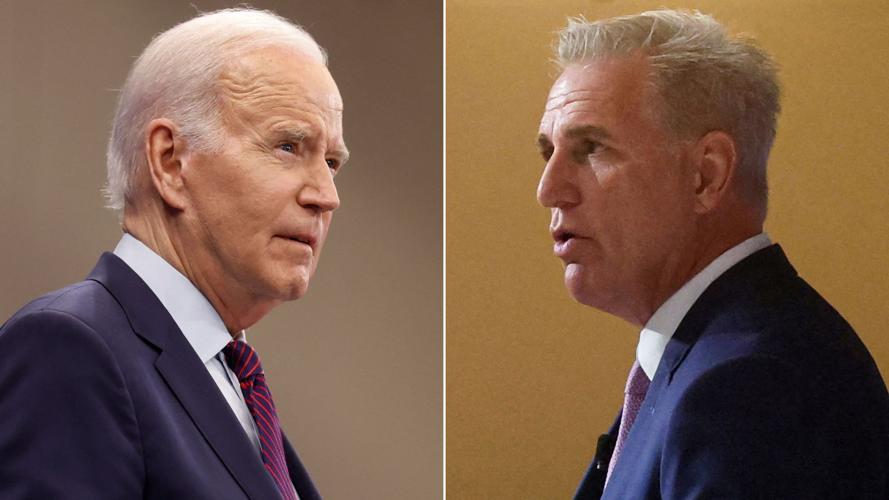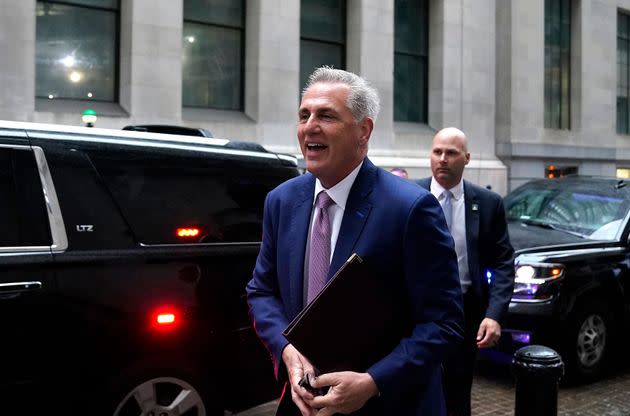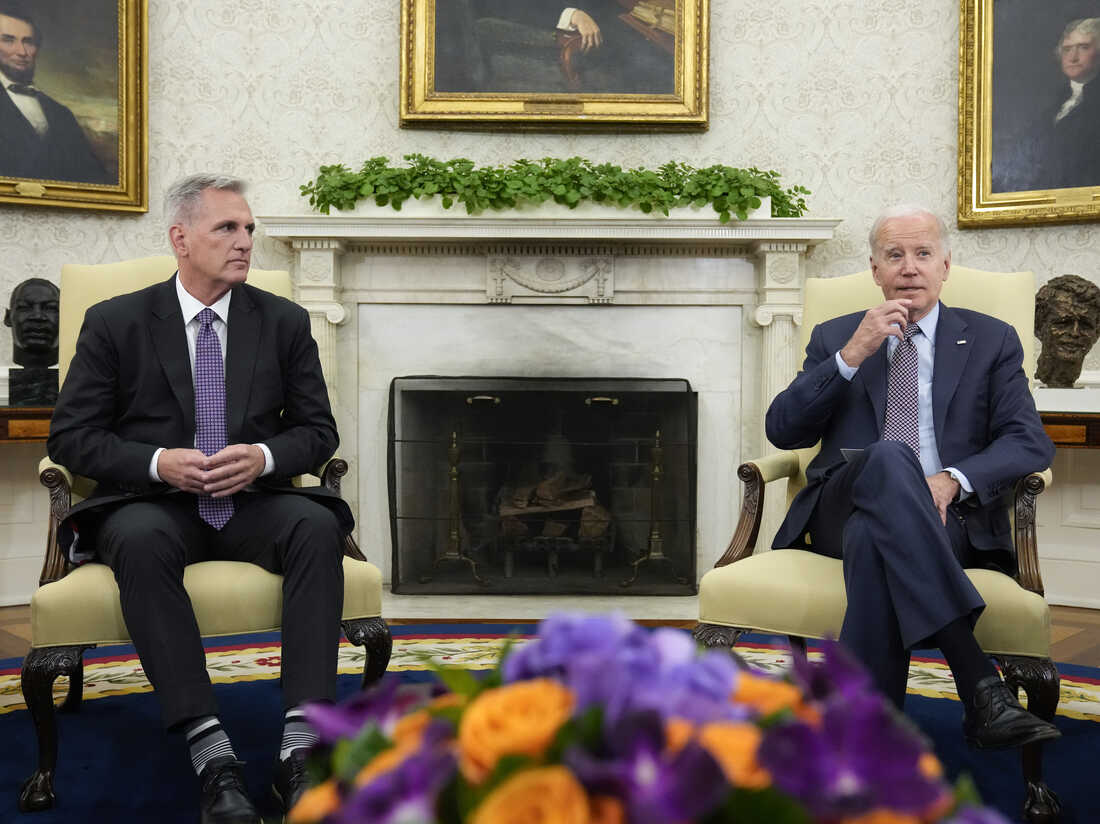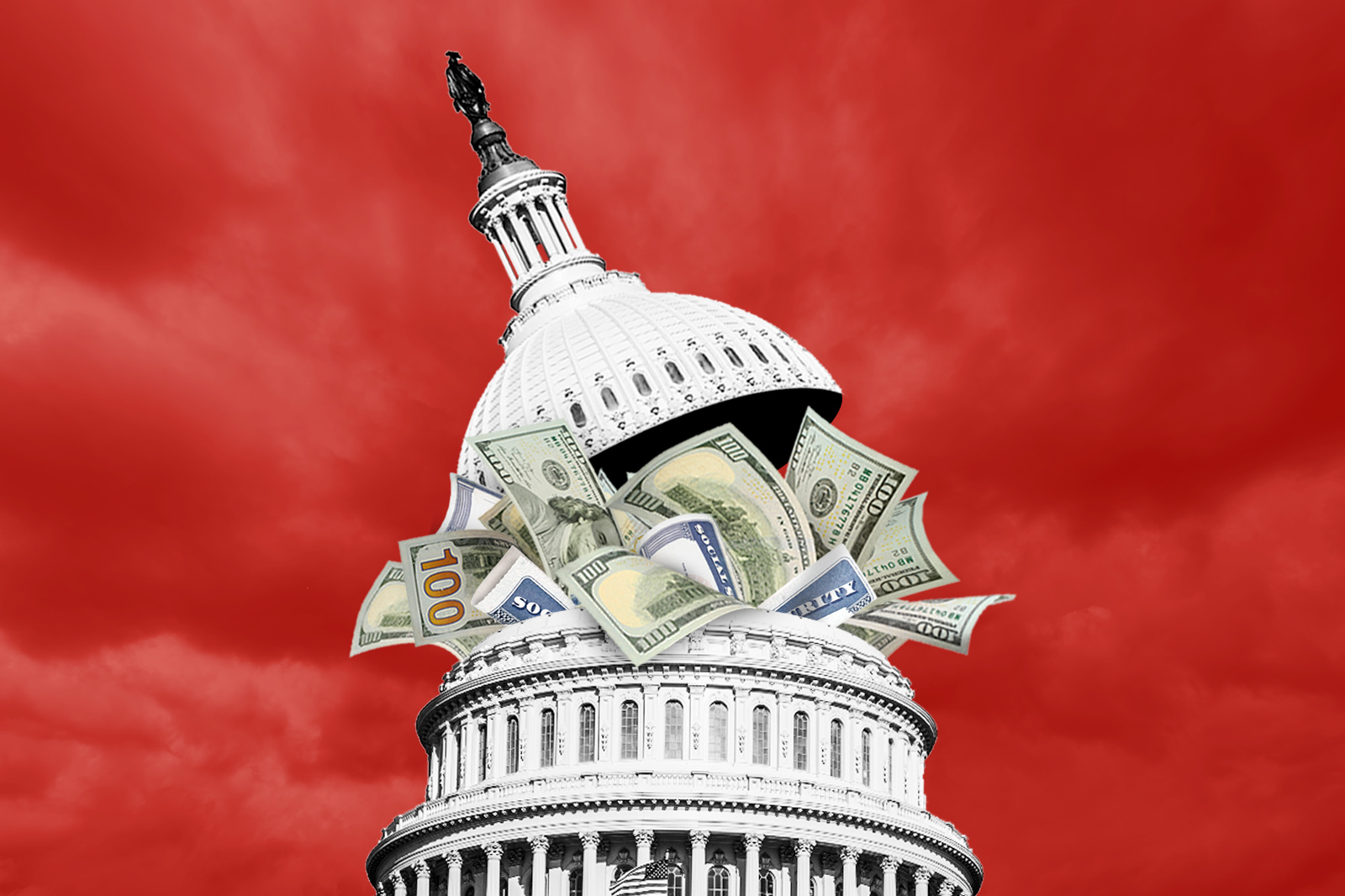President Joe Biden and House Speaker Kevin McCarthy have tentatively agreed on a proposal to raise the nation’s $3.4 trillion debt ceiling just a few days ahead of the critical deadline to prevent a potential default that could spell disaster for the economy.

The proposed agreement on Saturday would increase the debt limit for two years and concurrently introduce a cap on spending over the same duration.

Despite the deal, anticipation is growing if the bill will pass as both Democrats and Republicans have voiced their dissatisfaction with the agreement made by the two lawmakers.
President Biden and Speaker McCarthy arrived at what is being called an “agreement in principle” following a telephone conversation lasting 90 minutes. Biden said, “The agreement represents a compromise, which means not everyone gets what they want. That’s the responsibility of governing. The good news for the American people because it prevents what could have been a catastrophic default and would have led to an economic recession, retirement accounts devastated, and millions of jobs lost.” Speaker McCarthy also released a statement saying, “We still have a lot of work to do [and] I believe this is an agreement in principle that’s worthy of the American people.”


The heart of the agreement is a two-year budget deal that maintains spending at a constant level for 2024 and sets spending limits for 2025 while extending the debt limit for two years. This arrangement defers the politically charged issue until after the next presidential election. The agreement also includes provisions to recover unspent COVID-19 funds, expedite permitting procedures for some energy projects, and impose additional work requirements for food aid programs aiding economically disadvantaged Americans. For instance, eligibility for food stamps would be confined to able-bodied adults up to age 54, though Biden was successful in securing exemptions for veterans and the homeless.

Assuming Biden and McCarthy can successfully navigate the narrowly split Congress to pass the agreement, an economically destabilizing default will be successfully averted before the treasury department falls short of funds to meet its obligations. The delay in the debt ceiling discussions was partly due to the Biden administration’s reluctance to negotiate with McCarthy on the grounds that the country’s creditworthiness shouldn’t be utilized as a bargaining chip to achieve partisan objectives. Republicans have advocated for severe cuts in spending and other conditions, claiming a need to curb the growth of the national debt. Democrats, on the other hand, accused Republicans of endangering the economy through their brinkmanship.





